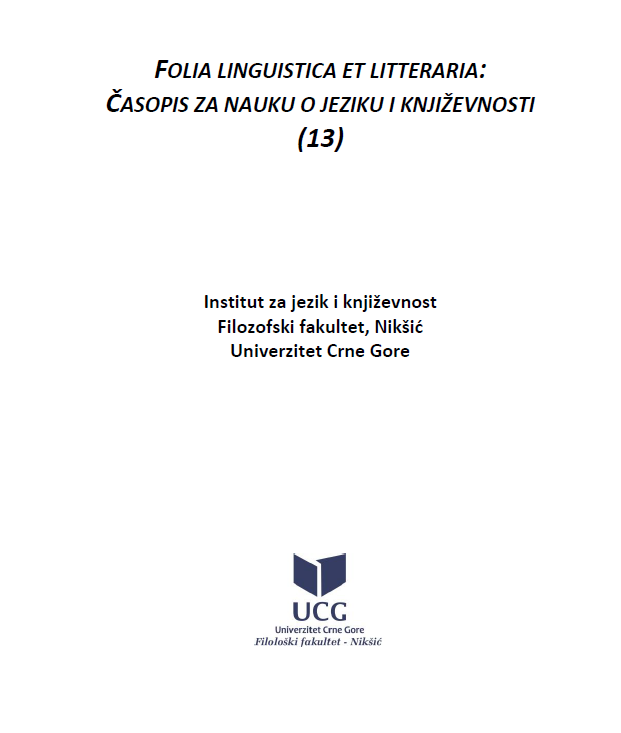WHEN EQUALITY IS JUST NOT ENOUGH: THE INTERPLAY OF LOVE AND POWER IN SHAKESPEARE’S THE MERCHANT OF VENICE AND BRONTË’S JANE EYRE
WHEN EQUALITY IS JUST NOT ENOUGH: THE INTERPLAY OF LOVE AND POWER IN SHAKESPEARE’S THE MERCHANT OF VENICE AND BRONTË’S JANE EYRE
Author(s): Branko MarijanovićSubject(s): Political Philosophy, 16th Century, 17th Century, British Literature
Published by: Filološki fakultet, Nikšić
Keywords: William Shakespeare; Charlotte Brontë; John Rawls; love; power; equality; justice; self-realization; utilitarianism;
Summary/Abstract: In both works the heroines are exquisite persons who are prepared to go against tradition and willing to accept it, but on their own terms. They do not stop when they achieve equality, as the concept is usually understood in feminist circles, because, as the philosopher John Rawls points out, equality is often very far from justice. They demand full self-realization and the sense of power which they can choose to exercise or not. In the end, both Jane and Portia are not carried away by their newly gained power but distribute it according to Rawlsian principles of fairness to those who, despite the initial equality of chances, have not been fortunate or able to overcome the personal, financial or societal obstacles in their path. The article tries to explore various visions of power and equality and the ways in which the acquisition thereof, or failure to do so, influences the lives of people both on a personal and societal level. The heroines, Portia and Jane, having achieved and sensed the desired level of power and self-realization have no difficulty in accepting their traditional place in society, fully aware, as all the people around them are, that it is because they have chosen to do so and not because they are forced to.
Journal: Folia Linguistica et Litteraria
- Issue Year: 2015
- Issue No: 13
- Page Range: 81-95
- Page Count: 15
- Language: English

